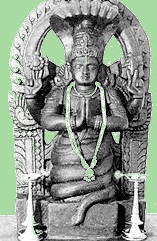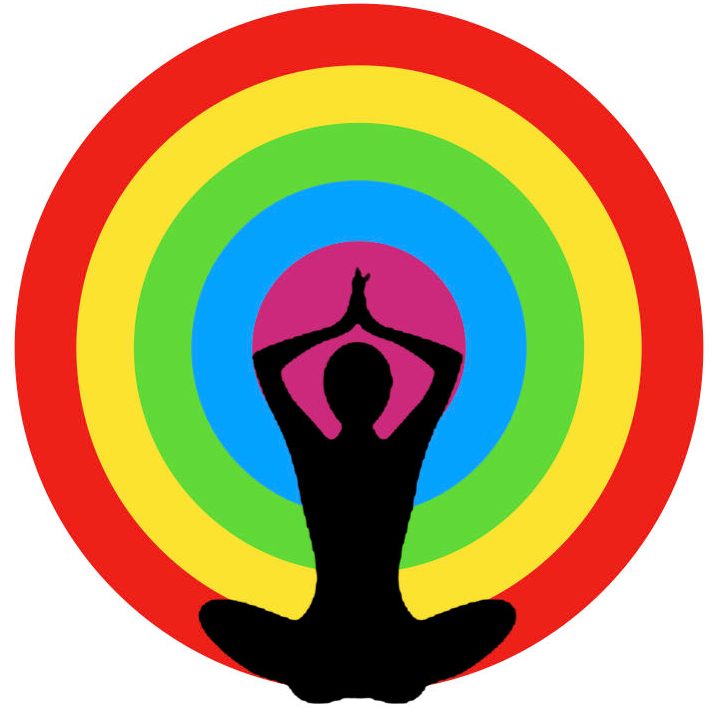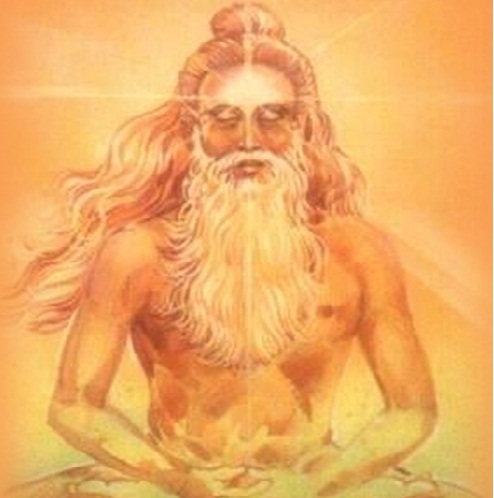Samatvam yoga uchayatae

According to the Bhagavad Gita, “Samatvam Yoga Uchyate”, is the last line of verse 48, chapter 2. It translates to equanimity is called yoga or evenness is yoga In the Bhagavad Gita, Lord Krishna defines yoga as Samatvam Yoga Uchyate, which means Samatvam is Yoga. Lord Krishna explains that samatvam is a balance of mind […]
Yoga according to Patanjali

Yoga philosophy is based on the work of Maharishi Patanjali, popularly known as the ‘Patanjal Yoga Sutra’. Maharishi Patanjali has defined yoga as “Yoga chittavritti nirodhah” which means yoga is calming the fluctuations of mind or consciousness. These fluctuations are like waves rising and falling in the sea, similarly our mind keeps on stirring up […]
Chatur Vargas (describes the four stages of life)

Chatur Vargas: describes the four stages of life. Brahmacharya Ashrama: From birth, till 25 years of age the individual dedicates themselves to studying and of serving celibacy. Grihastha Ashrama: From 25 to 50 years of life is the married life where the individual shares the responsibilities that come with their role in the household. During […]
Purusharthas(human being meaning of life)

Purusharthas(human being meaning of life) Purusharthas: They are the four attainments of life. The contain the worldly values and the supreme value. The supreme value being Liberation or Moksha. The prior three values creating a path for liberation. Dharma or Virtue: it is the worldly value that can be deserted as doing the deed that […]
How to apply pratyahara, in our daily life, explain with example.

How to apply pratyahara, in our daily life, explain with an example. Pratyahara is the practice of withdrawing one’s senses from environmental influences – food, impressions & associations. This includes nourishment of one’s body with (food), the inferences and attitudes we form (impressions) and interpersonal relations (associations). It is the ultimate mastery over oneself. It […]
Pancha Koshas and its application of yogic techniques in each layer

Pancha Koshas and its application of yogic techniques in each layer As humans, we define our identity and personality traits on the basis of physical, mental, and spiritual aspects. However, “The Pancha Kosha” theory from the Taittiriya Upanishad clearly explains the five layers of false identities namely, Annamaya Kosha (physical body), Pranamaya Kosha (vital life […]
Pancha Kosha (Five Level of Human Existence)

In the Taittriya upanishad, the five layers of the body are expounded upon. Going beyond these, one can reach the atman. These five layers are the pancha kosas. These are: Annamaya kosha or physical body. Pranamaya kosha or the energy body. This consists of a further five levels or the pancha bhootas, i.e earth, fire, […]
Five Self-Discipline-patanjali yoga sutra

Five Self-Discipline 2.30. AhimsaSatyaAsteyaBrahmacharyaaparigraha Yamah| Ahimsa- Non-violence Satya- truthfullness Asteya- honesty Brahmacarya-sensual abstinence Aparigraha-non-acquistiveness Yamah-self-restraints Non-violence, truth, honesty, sensual abstinence, and non-possesiveness are the five self-disciplines. Following Self-Discipline is the great Path 2.31. Jatidesakalasamayanavacchinnah sarvabhauma mahavratam| Jati-class of birth Desa-country, or place Kala-time Samaya-circumstances Anavacchinnah-unconditioned Sarvabhauma-universal Mahavratam-the great discipline It can be practiced universally without […]
